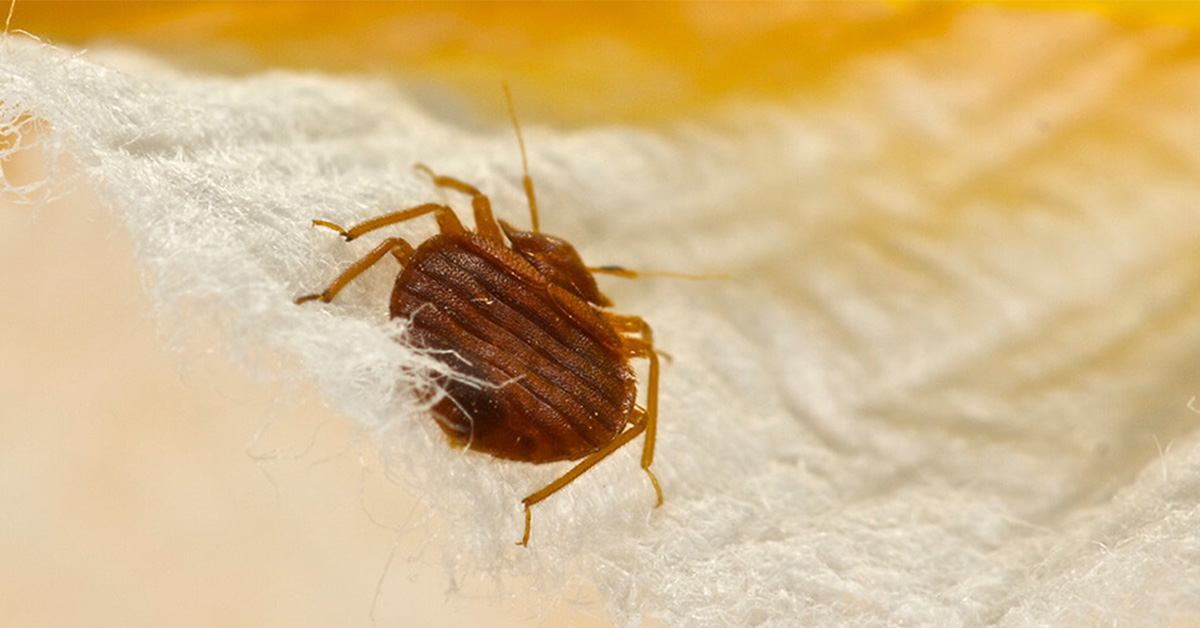Kinds of Parasite Control: Which Technique Is Right for Your Infestation?
When faced with a bug infestation, the choice of an ideal approach for parasite control is crucial in efficiently handling the situation. By exploring the various kinds of parasite control approaches readily available, individuals can make educated decisions tailored to their unique situations, guaranteeing a much more efficient and sustainable outcome in pest obliteration.
Chemical Parasite Control
Chemical bug control entails making use of synthetic or naturally derived chemicals to manage and eradicate pest populaces properly. This technique is frequently used in farming, forestry, and domestic settings to battle a wide variety of insects, including rats, bugs, and weeds. Using chemical pesticides can provide fast and targeted remedies to pest invasions, making it a popular selection for lots of individuals and businesses.
Among the crucial advantages of chemical parasite control is its capability to swiftly eliminate insects, minimizing the risk of damages to crops, residential or commercial property, and human health. By making use of certain chemicals that target particular bugs, this method can successfully manage problems while lessening harm to helpful organisms and the atmosphere when applied appropriately.
However, using chemical parasite control likewise elevates concerns regarding potential unfavorable effects on non-target types, water sources, and human health and wellness. It is critical to adhere to security standards, apply chemicals sensibly, and consider alternate parasite control methods to lessen these threats and make sure lasting pest administration techniques.
Organic Pest Control
Organic bug control, additionally called biocontrol, utilizes living organisms to handle and decrease insect populations naturally. This technique takes advantage of the power of nature to control bugs without the demand for artificial chemicals. Biocontrol can entail the intro of all-natural opponents of the parasite species, such as pathogens, predators, or parasites, to reduce pest populations. By utilizing the insect's all-natural predators or microorganisms, biological parasite control supplies a sustainable and environmentally pleasant remedy to pest monitoring.

Mechanical Insect Control
Using physical and hand-operated approaches to manage insect populations, mechanical bug control offers an alternative strategy that does not depend on making use of living microorganisms or artificial chemicals. This method involves using obstacles, traps, or other gadgets to literally hinder or remove pests. By obstructing parasite entry points or setting up traps to catch them, mechanical insect control can properly minimize infestations without introducing chemicals into the environment.
One common instance of mechanical pest control is the use of mesh screens on doors and windows to avoid insects from entering buildings. This simple yet effective method serves as a physical barrier, maintaining bugs out while allowing for correct air flow. Furthermore, gadgets like mousetraps, fly swatters, and ultrasonic repellents fall under the mechanical find out here now insect control category.
While mechanical pest control approaches can be labor-intensive and call for normal monitoring and upkeep, they use a sustainable and ecologically friendly option for handling insect infestations. By incorporating various mechanical strategies, homeowner can produce a comprehensive parasite control method that reduces reliance on chemical pesticides.
Physical Insect Control

Some typical physical bug control approaches consist of using barriers such as internet or displays to avoid pest entrance, catches to catch and get rid of parasites, and hand-picking to literally get rid of parasites from plants or frameworks. Additionally, techniques like heat treatments can be used to control bugs like bed bugs by raising the temperature to levels that are lethal to the insects.
Physical pest control is particularly beneficial in incorporated bug administration (IPM) methods, where numerous bug control techniques are integrated for reliable parasite monitoring while reducing the use of chemicals. By utilizing physical pest control techniques, people can efficiently address bug invasions with very little ecological impact.
Integrated Pest Administration
When implementing physical pest control methods as part of bug monitoring strategies, Integrated Parasite Administration (IPM) becomes a comprehensive strategy that leverages numerous strategies to successfully control pest populaces. IPM concentrates on long-term avoidance of parasites with a combination of organic, cultural, physical, and chemical devices customized to specific parasite concerns. By incorporating multiple control methods, IPM aims to decrease the dangers connected with bugs while likewise decreasing dependence on chemical options.
One key element of IPM is the focus on tracking and evaluating pest populaces to determine the most ideal control techniques. This aggressive method permits for very early intervention and targeted methods, leading to a lot more reliable insect monitoring. Furthermore, IPM promotes eco-friendly techniques by prioritizing non-chemical control techniques and just using chemicals as a last resort.
Conclusion

By making use of the bug's natural killers or microorganisms, organic pest control offers a lasting and environmentally pleasant solution to pest administration. - Kings pest control Cincinnati Ohio
Using physical and hand-operated approaches to handle parasite populations, mechanical pest control uses an alternative technique that does not rely on the use of living microorganisms or synthetic chemicals.An efficient method to managing bug populations without relying on chemical or organic approaches entails the use of physical pest control strategies.When implementing physical insect control techniques as part of parasite administration techniques, Integrated Bug Management (IPM) arises as a comprehensive method that leverages numerous methods to efficiently regulate pest populaces. Chemical bug control entails the usage of pesticides, biological pest control utilizes natural predators, mechanical parasite control entails physical barriers, physical insect control consists of trapping or removing pests, and integrated pest monitoring integrates multiple techniques for a holistic strategy to pest control.